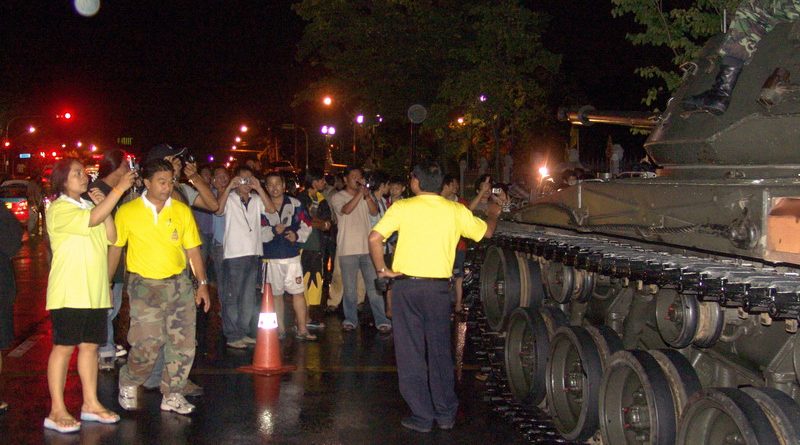Attempted Coup in Guinea-Bissau Fails
Cat Anderson
Staff Writer
According to Reuters, the attempted coup that took place on February 1 in Guinea-Bissau is the latest of more than a dozen coup attempts the West African nation has faced since gaining independence from Portugal in 1974. While President Umaro Sissico Embalo and his entire cabinet survived, Al Jazeera reports the coup resulted in at least 11 fatalities.
Internationally, the coup signifies a concerning trend of struggling democracies in West Africa. The Council on Foreign Relations reports that, in recent months, there have been coups in Guinea, Mali, and Chad, and further notes the “dubious legitimacy” of their leaders. The coups highlight a separation between an elite ruling class and the people in these countries. Power remains in the elite class as it transfers from hand-to-hand, either through these coups or what Council on Foreign Relations calls “extra-constitutional process[es].” These events mark a reversal of what had been a promising trend of democratization in the West African region.
Domestically, Guinea-Bissau’s failed coup is a stark reminder of the country’s issues with cocaine trafficking. According to BBC News, while the coup was executed by an isolated group, they were still linked to the nation’s drug issues. Guinea-Bissau has earned a reputation for being a “narco-state.” Reuters explains that this stems from a combination of its relaxed enforcement of drug related laws and coastal location, which makes the country attractive to drug cartels. While President Embalo claims the coup was in retaliation to his crack down on drug trafficking, Reuters states that it is more likely that drug related activity in the country never stopped under his administration. The attempted coup was likely the result of a power struggle between drug traffickers and the politicians who support them. Despite Embalo’s legitimate efforts to curb drug trafficking and crack down on the cartels, Reuters reports that he has been severely impaired by his lack of military capabilities.
Embalo’s struggle against his nation’s drug issue is just one problem plaguing his administration’s legitimacy. According to CNN, the fairness of Embalo’s election has come into question. Between the questions surrounding the administration’s legitimacy and a population who CNN describes as long having been at the mercy of the military and conflicts of the elite class, the failed coup, perhaps, should not have come as a surprise at all.
Among those arrested for the coup were a navy official and two of the president’s advisors, who, according to Al Jazeera, had all been arrested and served sentences for charges of conspiring to smuggle cocaine into the United States. Other conspirators had been involved in the 2009 killing of then-President Viera. While the coup failed, and the government claims it has full control of the nation, the concerns the coup raises are significant. It is not the first such event in the nation and it would be dangerous to frame it as an isolated incident. Rather, it is part of a pattern of undemocratic power transitions that threatens the democratic future of the entire West African region.


